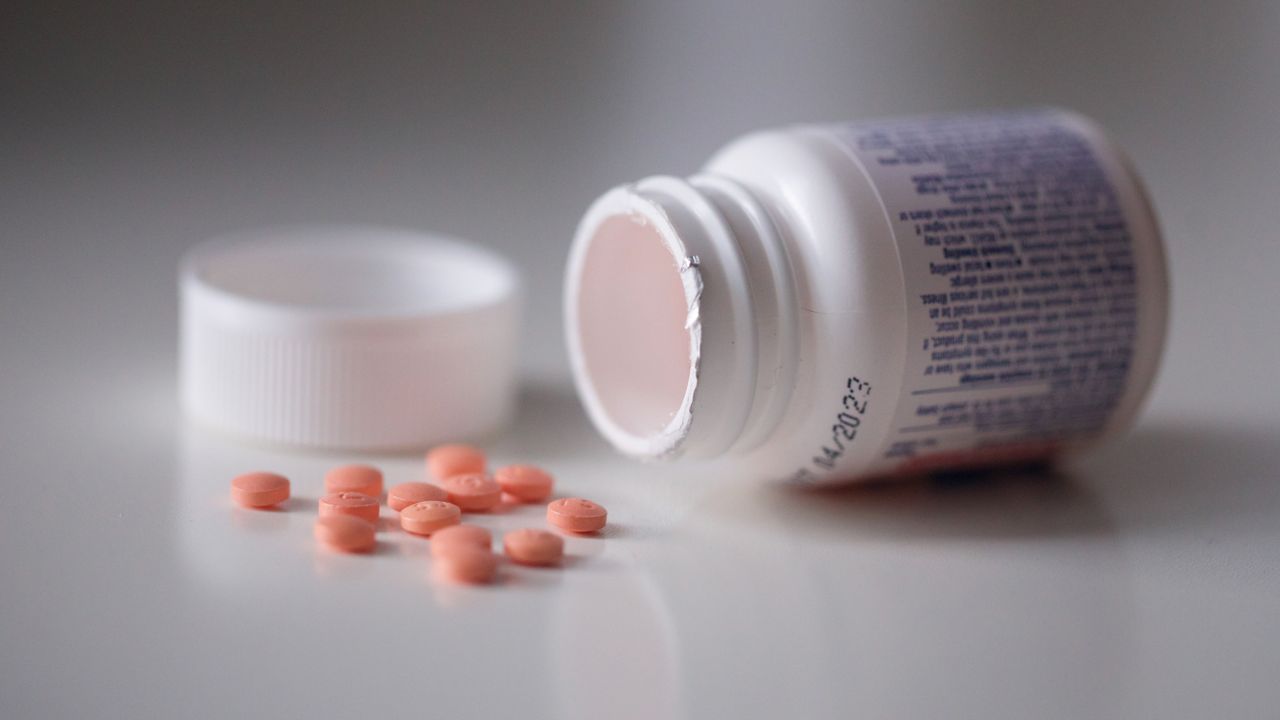The U.S. Preventive Services Task Force (USPSTF) may soon update its guidance on how to protect against cardiovascular disease, with a preliminary report saying adults 60 years of age and older should not take low daily doses of aspirin as their primary prevention against the illness.
The USPSTF issued the draft recommendation on Tuesday, Oct. 12, and comments will remain open to the public until Nov. 8, 2020.
Once finalized, the rule will replace the previous 2016 recommendation, which said certain adults aged 60-69 years old — namely, those with a 10% or greater change of developing heart disease in the next decade — could use a low daily dose of aspirin to prevent heart attacks and strokes, although the treatment could be determined by an individual on a case-by-case basis.
The 2016 guidance also recommended a low-dose aspirin regimen as the primary prevention for both cardiovascular disease (CVD) and colorectal cancer (CRC) for adults 50-59 years old, so long as they have both a 10% or greater change of developing heart disease in the next decade with a life expectancy to match, are at a low risk for bleeding and agree to take a daily aspirin for at least 10 years.
This year’s draft recommendation shifts the age range down by over a decade; now, the USPSTF advises “against initiating low-dose aspirin use for the primary prevention of CVD in adults age 60 years or older,” also saying the “evidence is inadequate that low-dose aspirin use reduces CRC incidence or mortality” in that age group.
The decision for patients aged 40-59 at higher risk of developing cardiovascular disease to initiate the low-dose aspirin treatment should now be made by the individual, the USPSTF added.
It’s the first time the task force has recommended adults as young as 40 consult with their doctors before taking aspirin for heart health.
The updated guidance cites new evidence that the potential benefits of aspirin use outweigh the risks for older adults, saying in part: “...The magnitude of the harms are small overall but increase in older age groups, particularly in adults older than age 60 years.”
Those risks include gastrointestinal bleeding, intracranial bleeding, and hemorrhagic stroke.
Doctors have long recommended daily low-dose aspirin for many patients who already have had a heart attack or stroke. The task force guidance does not change that advice.
The task force previously said a daily aspirin might also protect against colorectal cancer for some adults in their 50s and 60s, but the updated guidance says more evidence of any benefit is needed.
Aspirin is best known as a pain reliever but it is also a blood thinner that can reduce chances for blood clots. But aspirin also has risks, even at low doses — mainly bleeding in the digestive tract or ulcers, both of which can be life-threatening.
Heart disease is the leading cause of death for both men and women in the U.S, with approximately 1 in 4 deaths each year attributed to a cardiovascular event.
The Associated Press contributed to this report.



